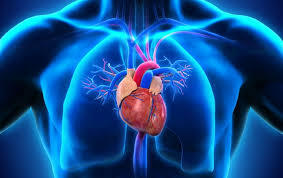
Cardiology services encompass a range of medical care focused on diagnosing, treating, and preventing heart and vascular diseases. Here are some key components typically included in cardiology services:
-
Diagnostic Testing:
- Electrocardiogram (ECG/EKG): Measures the electrical activity of the heart.
- Echocardiogram: Ultrasound imaging to visualize heart structures and function.
- Stress Testing: Assesses heart function under physical stress.
- Holter Monitoring: Continuous ECG monitoring for 24-48 hours.
- Cardiac Catheterization: Involves inserting a catheter into the heart's arteries to diagnose and treat blockages.
-
Treatment Options:
- Medications: Prescriptions for conditions like hypertension, arrhythmias, heart failure, and hyperlipidemia.
- Interventional Procedures: Such as angioplasty, stenting, or ablation for arrhythmias.
- Surgical Procedures: Including bypass surgery, valve repair/replacement, or heart transplants.
-
Preventive Care:
- Risk assessment for heart disease based on family history, lifestyle, and existing conditions.
- Education on lifestyle changes (diet, exercise, smoking cessation) to reduce cardiovascular risk.
-
Heart Failure Management:
- Comprehensive care plans that may include medications, lifestyle changes, and monitoring.
-
Electrophysiology:
- Specialization in diagnosing and treating electrical issues in the heart, including arrhythmias.
-
Pediatric Cardiology:
- Specialized care for congenital heart defects and other cardiovascular issues in children.
-
Rehabilitation:
- Cardiac rehabilitation programs focusing on exercise, education, and support after heart events or surgeries.